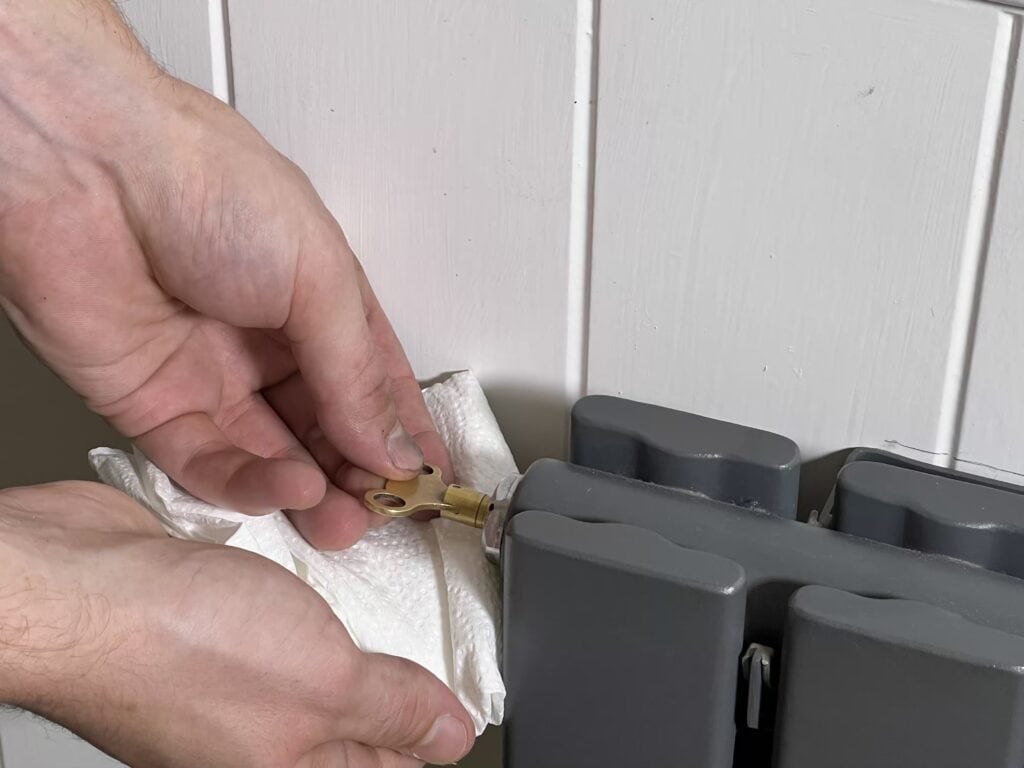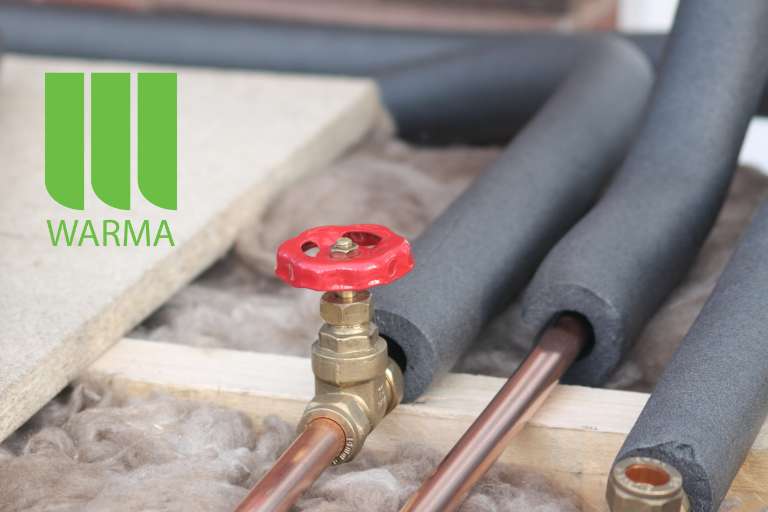How to heat your home more efficiently and for less money
Heating your home efficiently while keeping costs down is more important than ever. With rising energy bills, finding ways to heat your home more effectively can make a significant impact on both your comfort and your budget. In this article, we’ll explore practical tips to ensure your boiler and heating system are running at their best, helping you to reduce energy consumption and save money.
From regular boiler servicing to simple tasks like bleeding radiators and lagging pipes, these strategies will not only help you heat your home more efficiently but also extend the life of your heating system, avoiding costly repairs. Whether you’re aiming to optimise your current system or considering an upgrade, these tips will help you achieve a warmer, more energy-efficient home.
Get Your Boiler Serviced Regularly
To maintain the warranty on most new boilers, you will need to have it serviced every year by a gas safe registered plumber, which we are, you may find that if your boiler has outlived its warranty, it may be cheaper to have your boiler serviced less regularly to reduce costs and run in a less strenuous manner to optimise cost-savings and to prolong the appliance’s life. However, I would not recommend you make a decision like this without first consulting us first.
As part of your boiler service will take apart and clean your boiler. This will ensure that the internal elements of the boiler are free of anything that will affect the efficient running of the boiler. As a result, it will cost less to heat your house and water because the boiler is running at maximum efficiency.
Keep It Clean
The compartment in your house containing your boiler should really be empty except for the boiler. This is because any pollutants like dust or cleaning products can, after prolonged exposure, start to affect the boilers operation. I recommend to dust the compartment whenever you clean the house, but do not use cleaning products or anything wet to clean the boiler. There is a tiny chance that the casing of the boiler is not safe to touch due to a short in an electrical circuit and unless you have a voltage detection device to make sure, it is probably best to avoid touching the metal casing.
Bleed Your Radiators and Balance Your System
To heat your home efficiently the heating system should ideally be filled with water but unfortunately air finds its way into your system through various paths. Air gets trapped in the system and usually collects in radiators or at high points in the pipework. The pumps used to circulate the water around the system are designed only to pump water, when they encounter air, circulation stops and sometimes the pump is damaged beyond repair.
However, oftentimes this won’t occur, there will simply be a build up of air in the radiators causing them to be cold in the area where air has accumulated. Bleeding the radiators by opening the radiator vent is the best way to counteract this air accumulation.

For a step by step guide see my article on how to bleed your radiators.
Top up the pressure on your system
A drop in pressure will negatively affect your heating system’s efficiency. Check out our guide on how to fix issues with system pressure.
Power Flush
Over time, deposits of silt, gunk and general sludge will build up in your pipes. A power flush is when an engineer attaches a powerful pump to your heating system and blasts out the debris in your pipes with high velocity water and cleaning agents. After the flush, the newly cleaned pipes will allow better flow and will therefore help the system to run more efficiently.
Lag Your Pipes
To heat your home efficiently a simple, cheap and easy way that helps is to lag your heating and hot water pipes. This can make a big difference to your heating bill over the year.
Preserve Your Heating System With Regular Use
Turn on your heating for fifteen minutes each week during the summer months to keep your boiler and heating system in good working order. Regular use ensures the internal mechanisms stay functional. If the system is left off for extended periods, components such as the boiler, pump, or valves may seize or freeze, potentially leading to costly repairs. By maintaining regular usage, you can help ensure that when it’s time to heat your home, everything is running smoothly.

Sadly, That Time May Have Come
If, after making all these adjustments, your boiler and heating system still cost an arm and a leg to run and break down constantly, leaving you cold and with an expensive repair bill, it may be time to install a new boiler and heating system.






